Dialogue for Nasir and the Return of Marion
AWW: I was wondering how much of Nasir's dialogue had to be added, because in the show so much of the character is Mark Ryan's physical performance.
BEJ: That is true. And weirdly, although there are quite a lot of people online saying "Gosh, there'll be nothing for Mark to do." or "You'll have to add in a load of stuff that isn't natural.", in the original script he had quite a lot of lines. I don't know if Kip suddenly thought "Well, this is the last sort of thing, a coda, It would be nice to give Mark more lines to do." But there were quite chunks. We didn't add a huge amount. We had to give him a bit more, because – although you can allude to him being there in the scene without him talking- it would have been sad for Mark to be stood in the recording studio in the corner, brooding menacingly and not really saying anything. So, I think he enjoyed doing it and is very good at not putting his natural Yorkshire inflections into the Saracen dialect! He was brilliant and it was great for him because he could do the banter a bit more.
AWW: I think one of the reviewers said there were more lines for Nasir in this than the whole TV series.
BEJ: (Laughs) Well, it's probably true. This is a nice chunky two-hour script, shared out equally to a certain extent. I think it's quite nice to hear him, because as I think I mentioned to somebody else, with the amount of time he spent in Sherwood Forest by the time of this script, he's bound to have picked up English a little better. It was a limitation of the series. By the time Jason Connery was Robin, they had been together a long time. I think he would have been speaking better English, and he would have been talkative rather than standing back and not doing that – which, to some extent, he does in that last series. So, I think it's a natural progression. It's unusual because people aren’t used to that happening, but hopefully it doesn't bring people out of the audio too much.
AWW: And by the third series you had episodes like "The Sheriff of Nottingham" where Nasir was talking a lot more.
BEJ: It is a natural character arc. You can do the brooding, Clint Eastwood style thing for so long, and you don’t want it to be a one-dimensional character. That was the great thing with all the characters really, they had backstories and they had relationships. It wasn't just 1950’s Robin Hood, with a “Hurrah!” and a slap of the thigh. They went through things. I always liked the fact that Little John nearly got married to Meg, but never quite made it. It was nice to give him a love interest. It brought so many different things into the legend. And that was the great thing about Kip's writing. He could do these things and make Robin of Sherwood modern and also update the legend and make it a lot more powerful.
AWW: One of the things that I liked about Knights of the Apocalypse is that it pushed the storyline for at least two characters -- trying to avoid spoilers -- forward from the encounters in the show.
BEJ: We tried to. It is a continuation rather than a standalone. Well, it is, in a sense, a standalone episode, but we tried to push through things, even just throwaway things.People were expecting a big scene where Maid Marion comes out of the Nunnery but this script is clearly set later in all of their timelines and there was nothing at all about that, so we just added a couple of lines to make it clear that her time as a Nun was referenced as an aside and her love for Robin re-confirmed. It's only a tiny exchange but just enough of a nugget for the dedicated fans to pick up on. (In 2018, Spiteful Puppet would release What Was Lost, a proper first episode of what might have been Series Four, which thoroughly explained and dealt with how and why Marion re-joined the Merries)
AWW: When I was listening to it,I had wondered if those lines were added.
BEJ: Kip wrote it as a standalone, a sort of coda. Because it was a couple of years on, he probably thought in an age where there isn't instant replay - where you can watch everything on YouTube or on DVD - he probably thought nobody's going to remember that she went into a Nunnery at the end of Series Three, so we'll just do everybody back together again. Weirdly, you don't have to explain things. People sort of add that in themselves. There are a lot of fans who might write fiction set between stories, so it's a very easy thing to imagine. But we thought, let's just pop a line or two in for the dedicated fans; so they don't wag their heads at us and say "So, she spent the whole time in a Nun's outfit? What was she doing there?" We just tried to appeal to everyone really, across the board. Make it broad, but also sort of insular as well to make the fans happy. As a fan myself, we want to make sure fans are happy with what you did, especially as a big one-off sort celebration, you want to make sure as many people as possible enjoy it.
AWW: I think it's also keeping with the third series that the reference is vague enough that you could take it to mean her leaving Kirklees way back in "Robin Hood and the Sorcerer" (the first episode).
BEJ: You're right. I think the nice bit about the third series is the continuity. It wasn't just plonking them back to the same old Robin Hood. It was a proper storyline of Marion not being instantly happy. Of course she wouldn't be instantly happy, the person she loved had been killed. And for Saturday tea-time, and what was essentially a children's show, that's a big theme. It wasn't all "Let's fall in love again, ha haha." It took a while for her to warm to Jason's Robin. I think hopefully that The Knights of the Apocalypse is the sort of other end of that. They have got to a comfortable level with each other. Jason especially I think gives an amazing performance in pushing Robin forward and making him an authority figure. I was impressed with the interplay. It was really good.
AWW: It felt like things had moved on -- not thirty years moved on,
BEJ: (Laughs.) Well, I hope nobody sounds that much different. I mean, Ray Winstone is a bit deeper, but nobody sounds horrendously different, which is why it's always nice to do an audio with a twenty to thirty years later affair because people do change. But voices generally stay the same, so you can conjure up those images. Ray actually discussed pitching his voice higher, which was his suggestion, but I just said I’d rather he was comfortable in his acting rather than having to try and ‘sound young’.
I think I said to you before, when I read Kip's script for the first time, it's so vivid and so imaginative that you're reading it and you can just see at the back of your eyelids the pictures playing out. I wouldn’t say it was an easy thing to adapt, but it helped a lot because he wrote so visually. You could feel like you had already watched the episode in a way because it was so familiar. It wasn’t over-familiar, but it had nice elements from the more classic sort of episodes. That's the power of the writing. If it's good enough, you can see in your head what’s going on straight away.
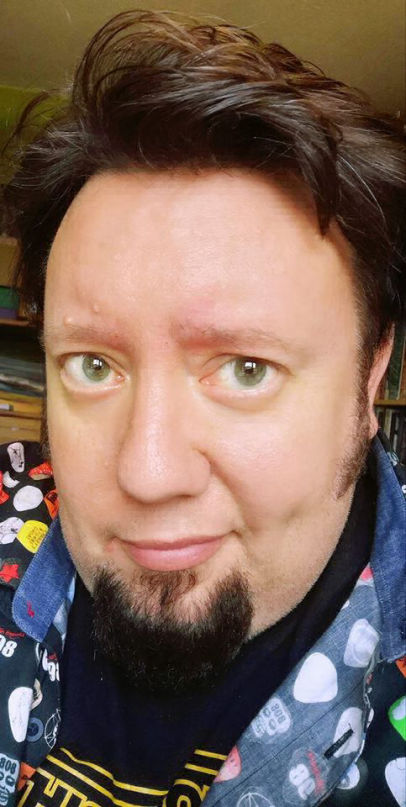
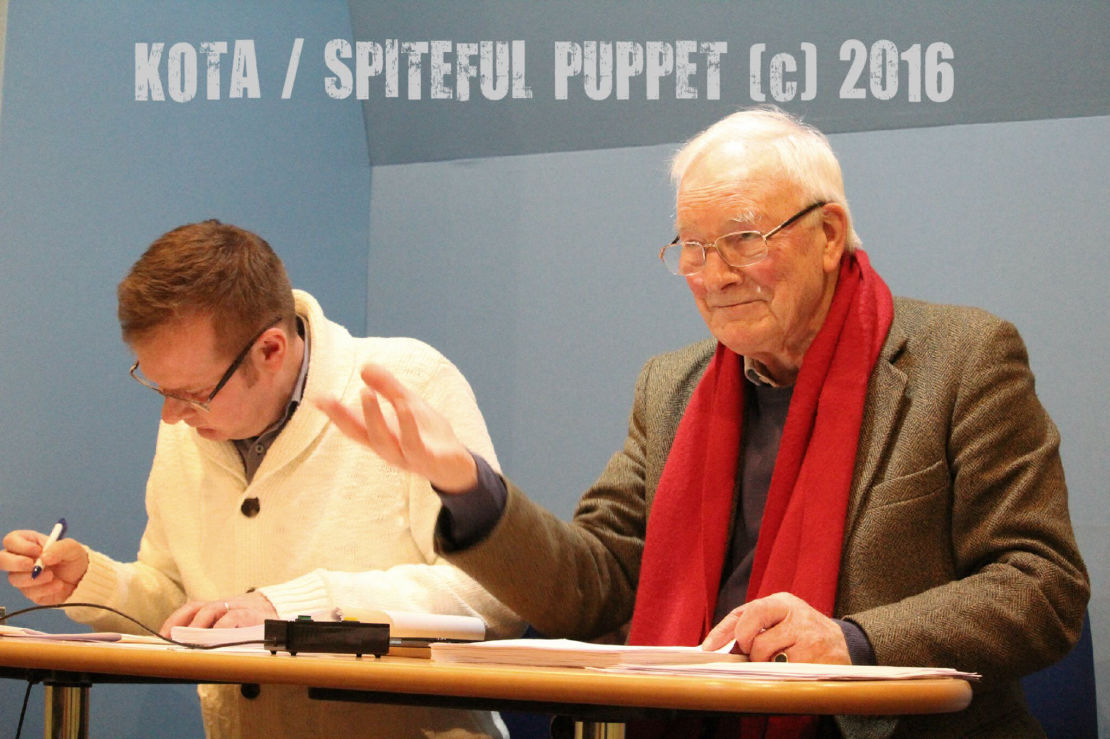
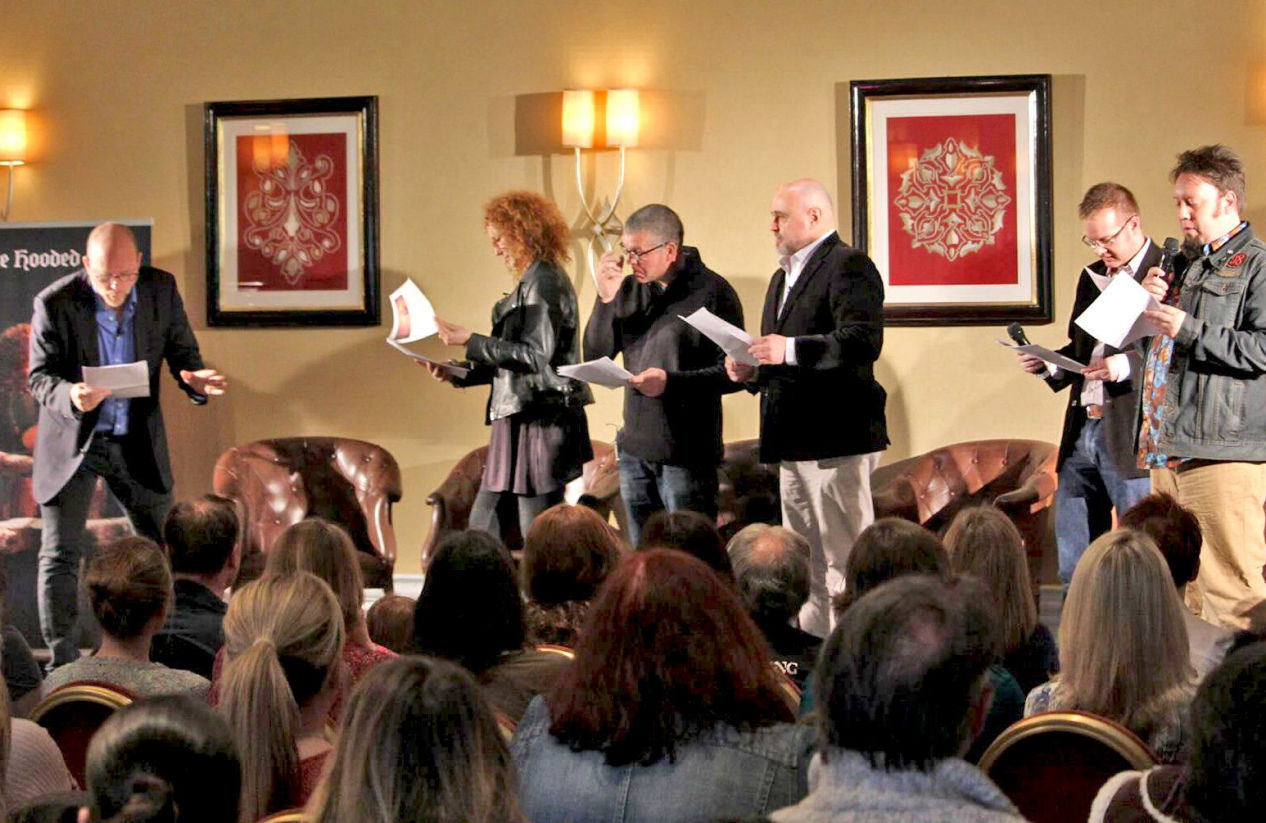
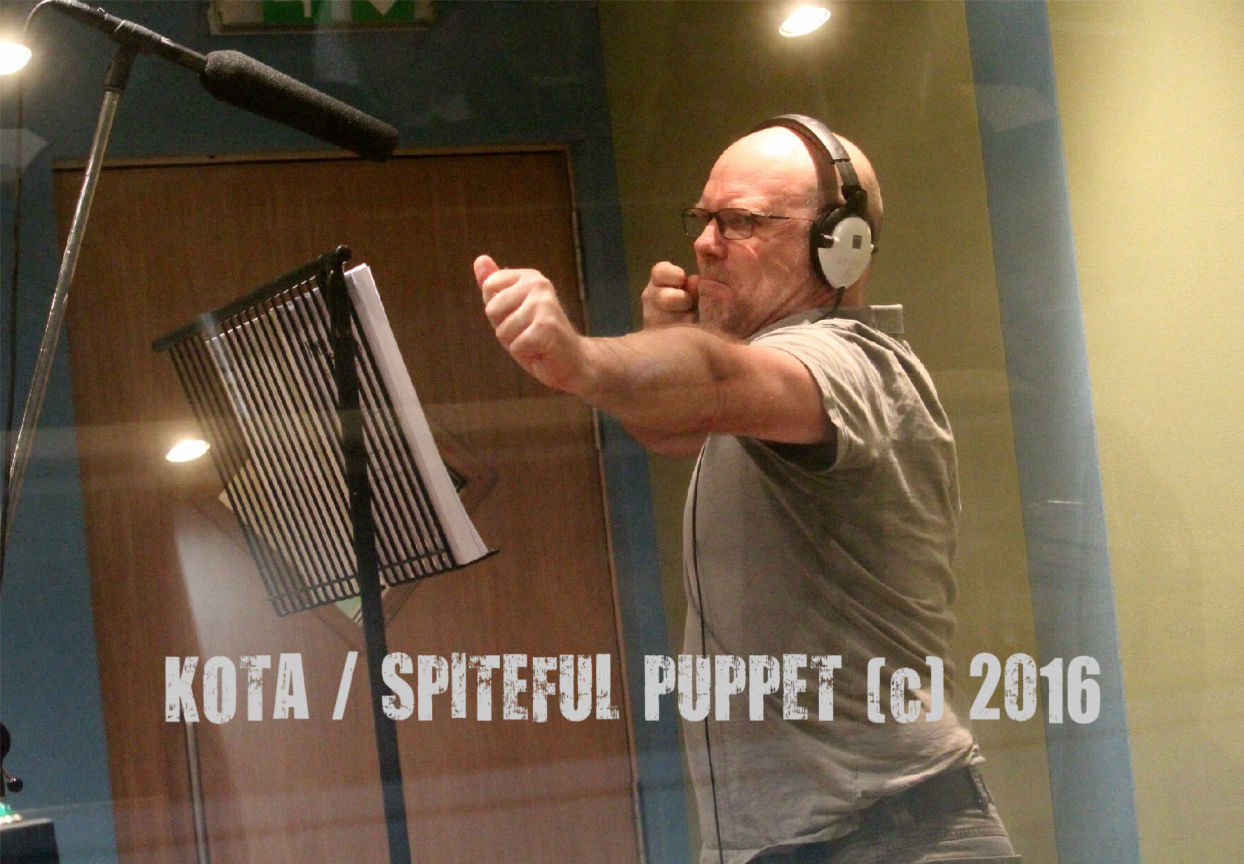
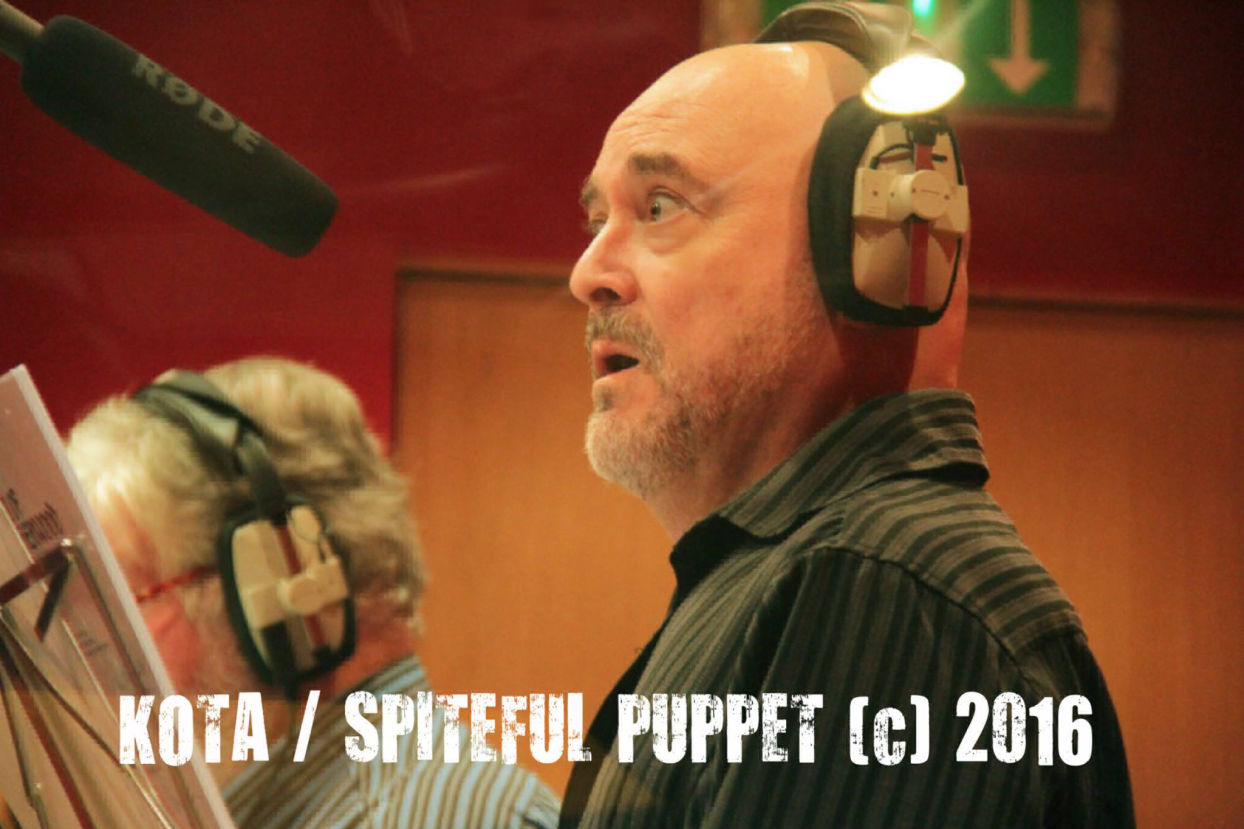
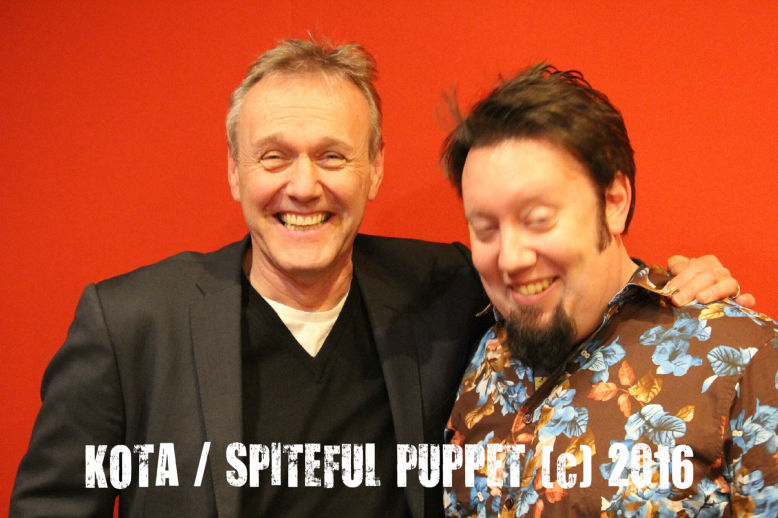
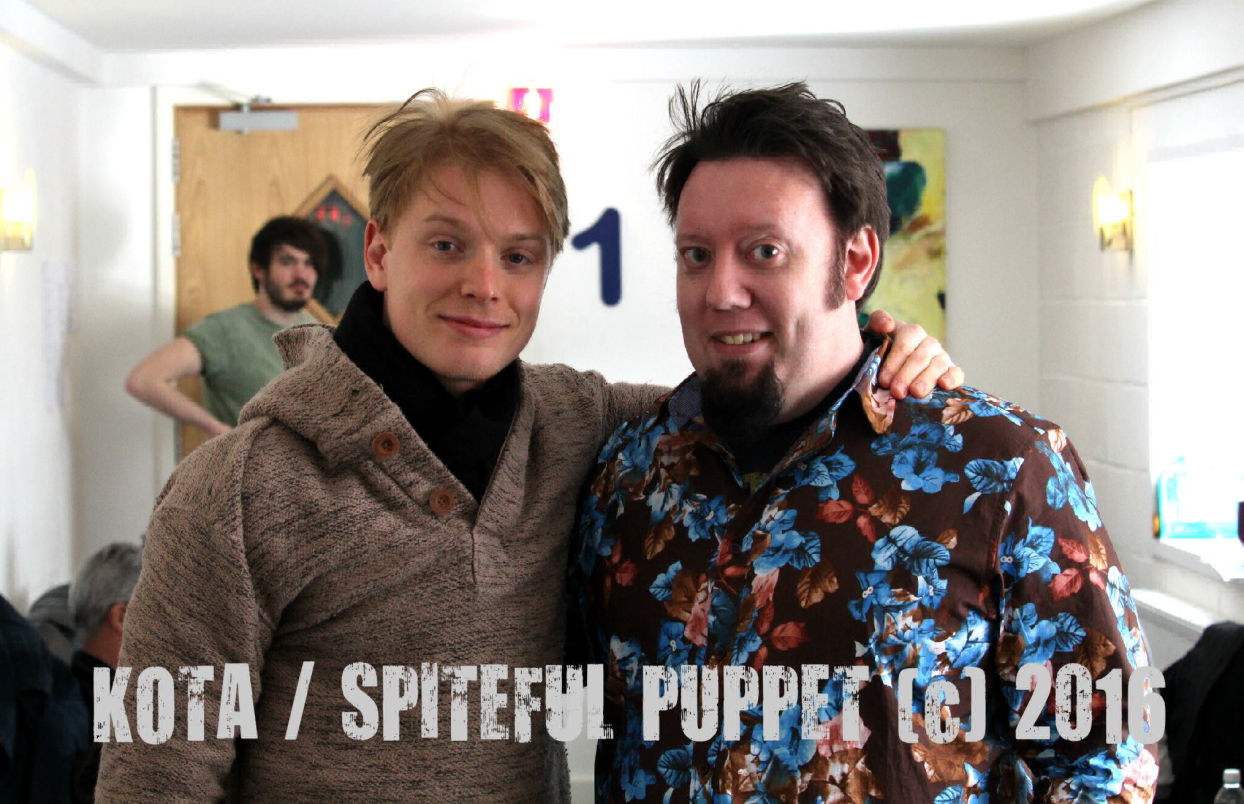
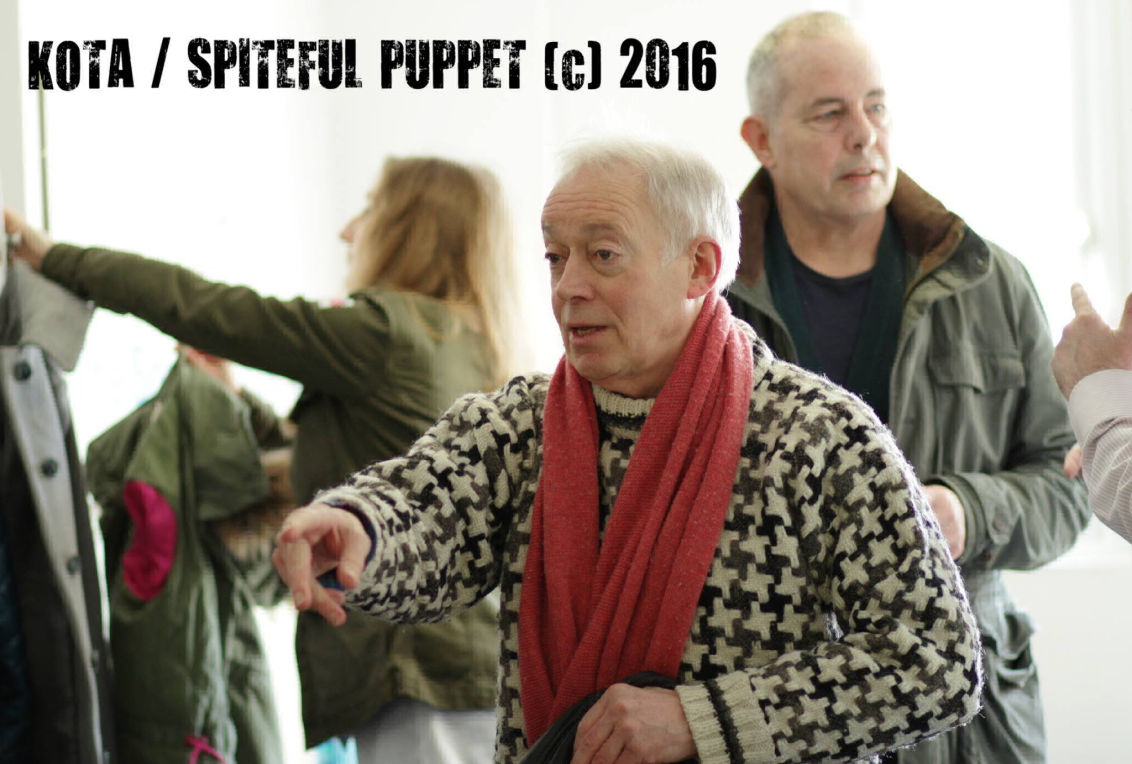
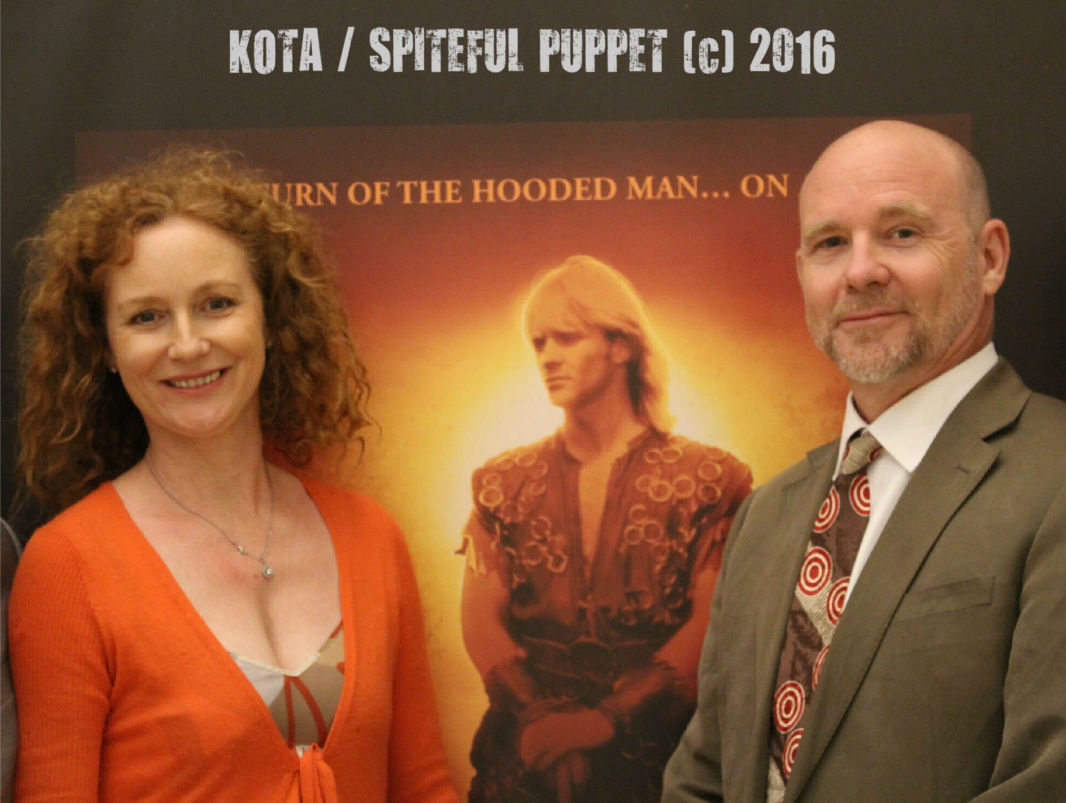
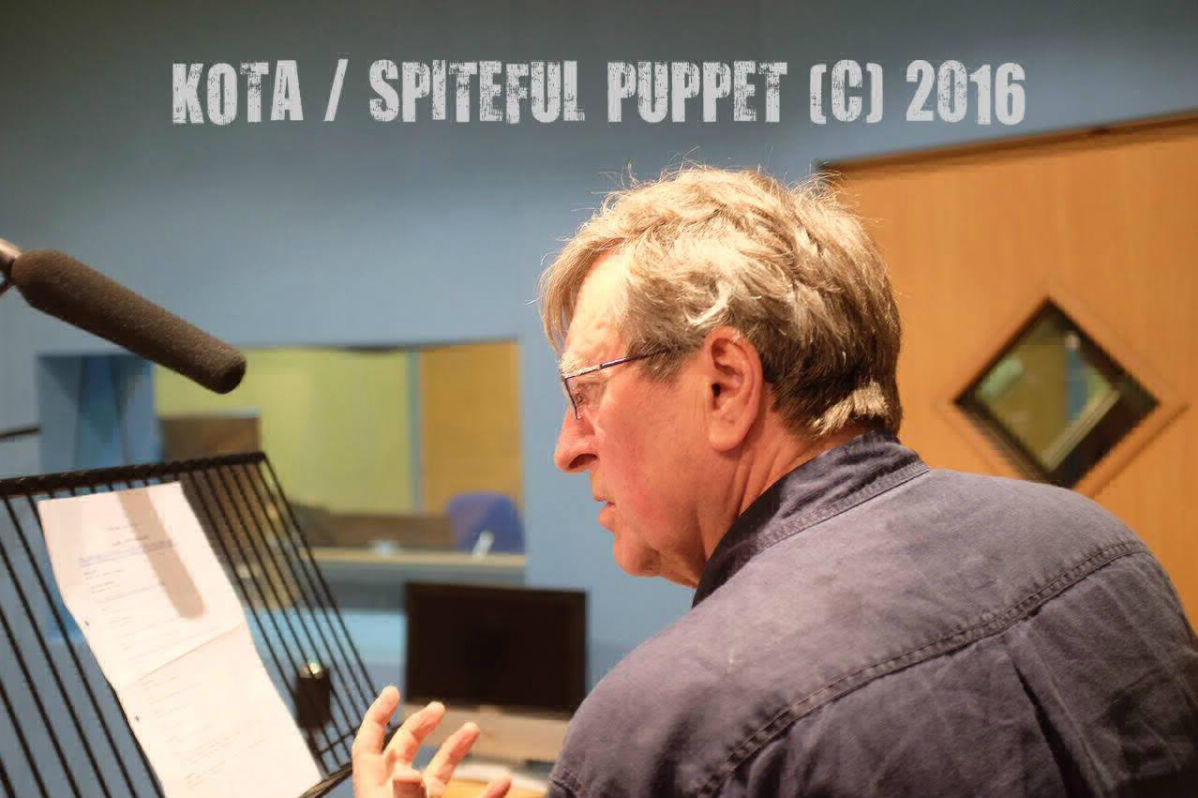
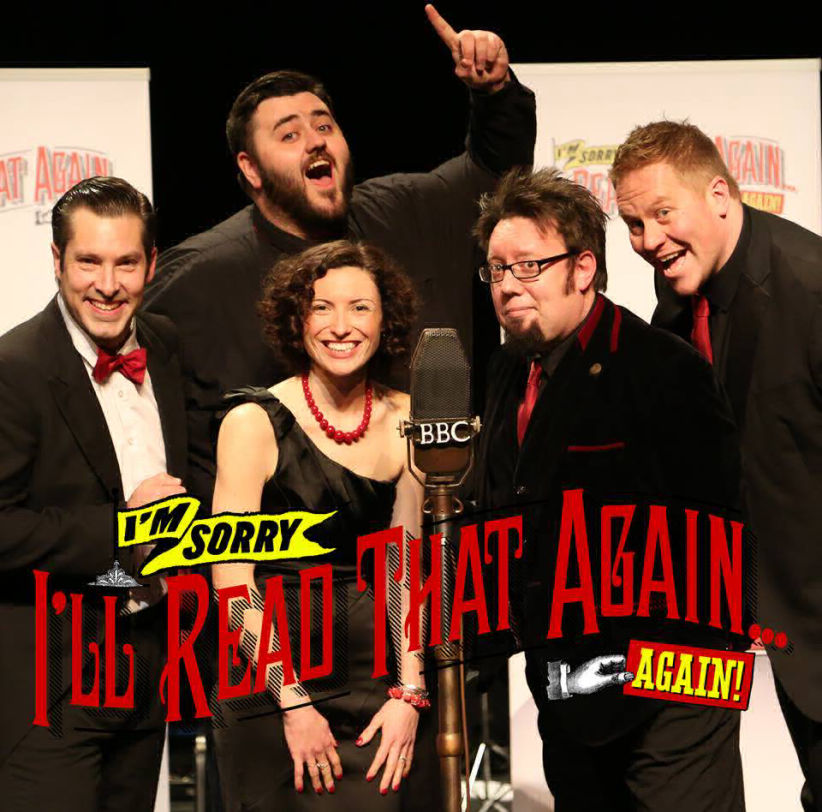
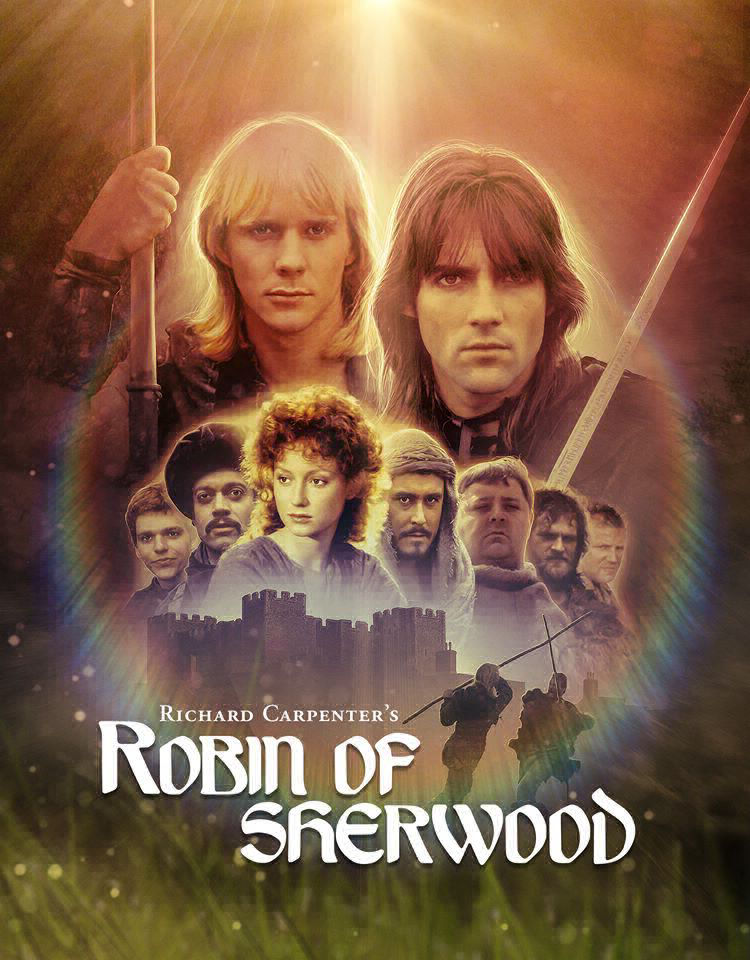
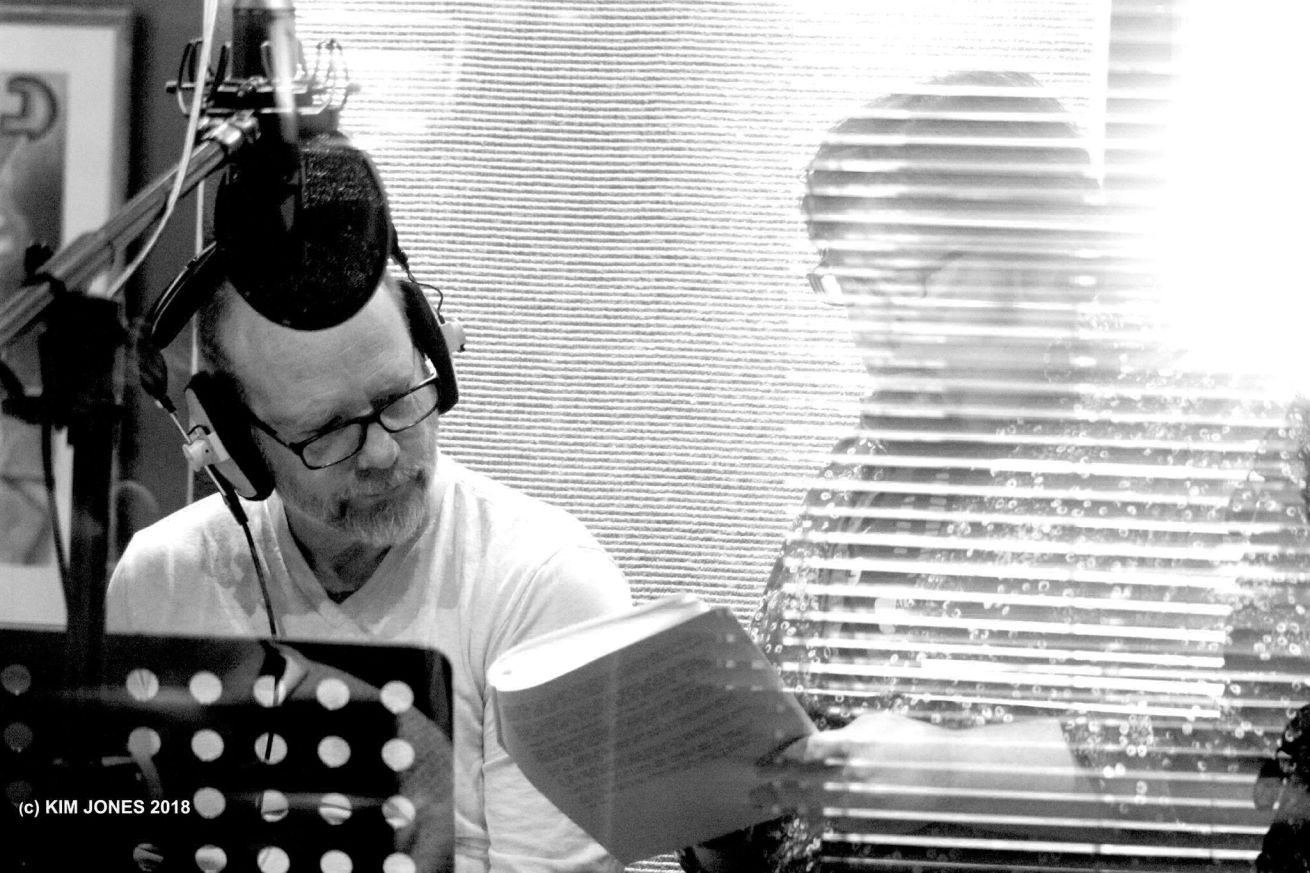
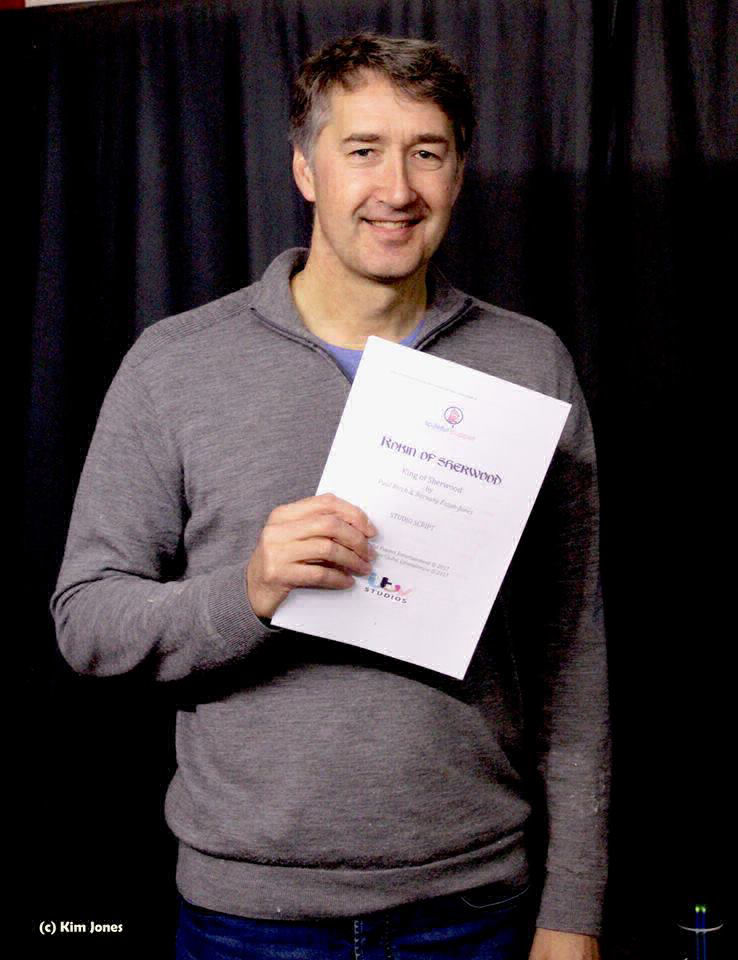
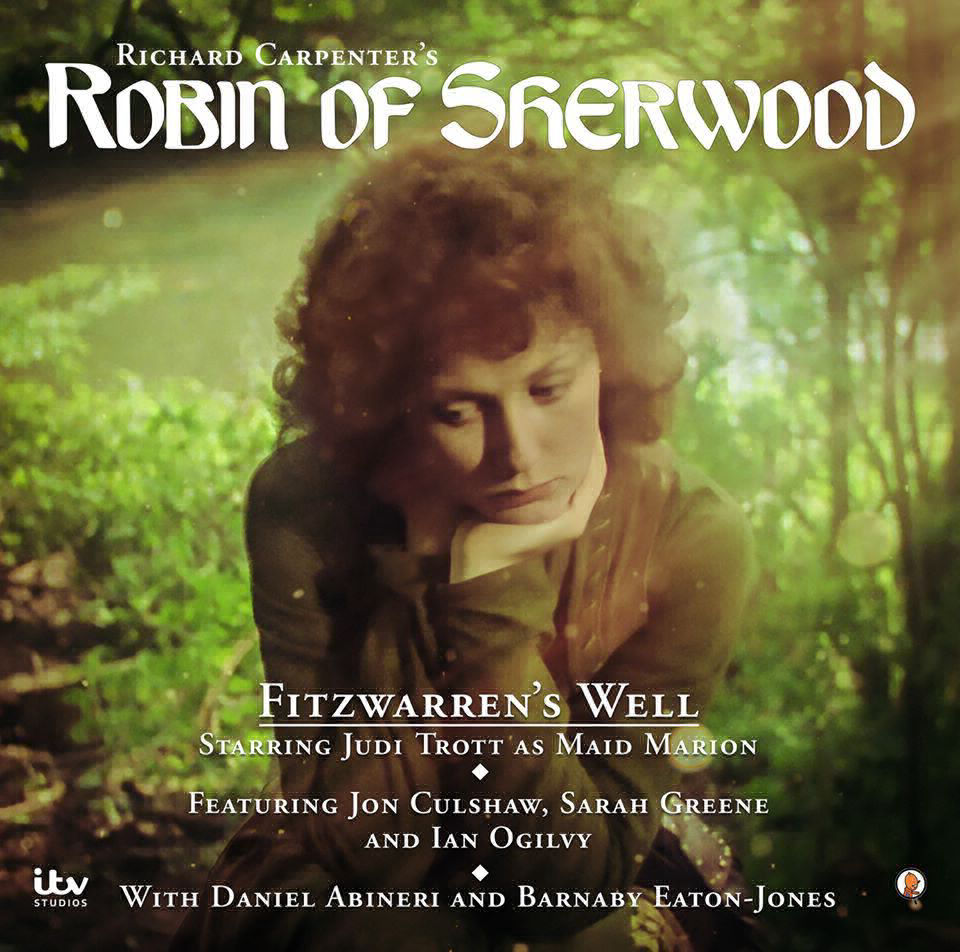
Contact Us